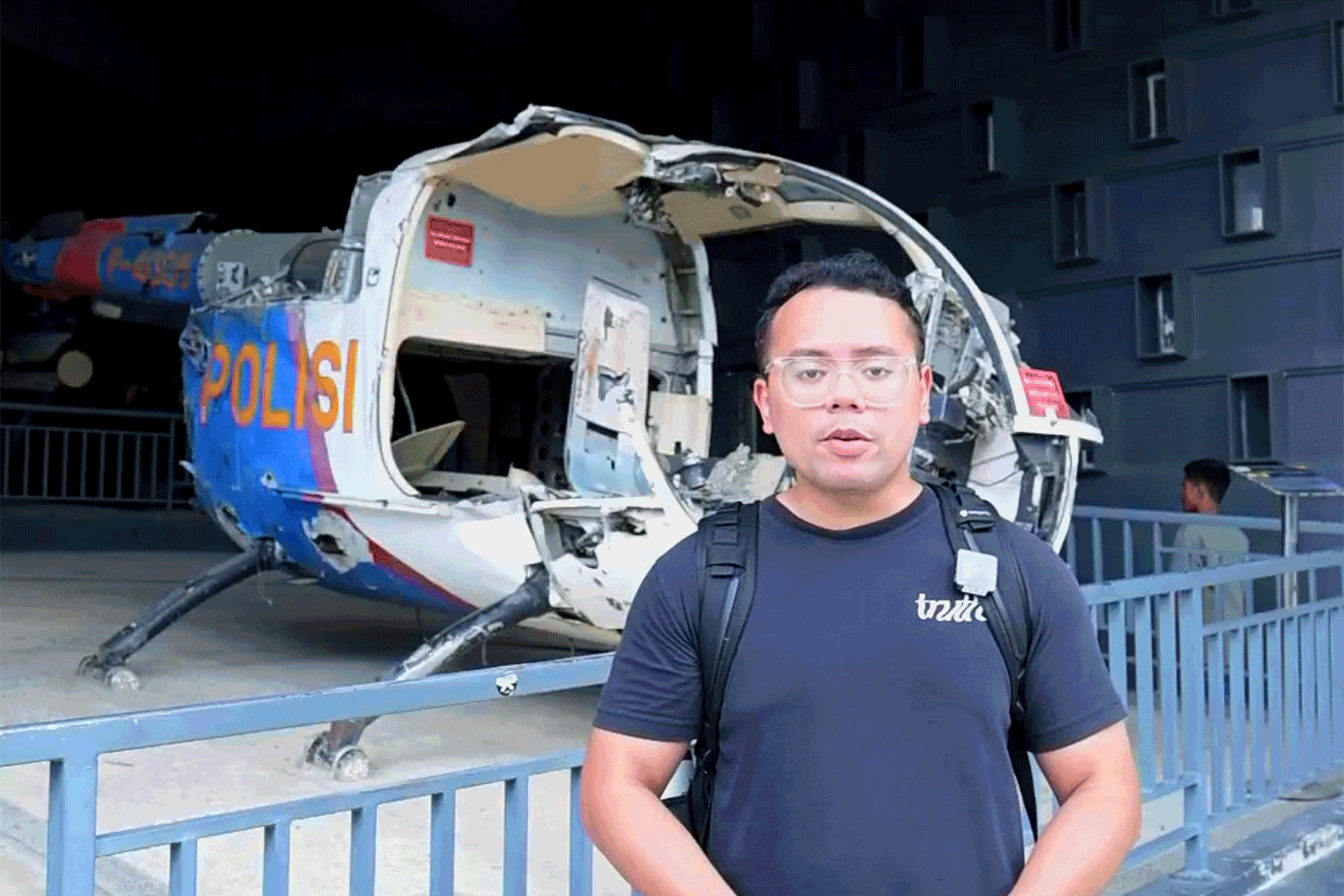
When he was seven years old, Aqil Hamzah watched in horror as TV news footage from Indonesia showed the devastation wrought by the 2004 tsunami in Aceh, killing over 166,000 people.
The catastrophic waves claimed over 166,000 lives in the province, the heaviest toll out of nearly 230,000 deaths across 15 countries in South-east and South Asia as well as parts of Africa.
“I remember the damaged buildings and people crying in the streets,” he says. “The following year, our school asked us to donate clothes.”
While that was happening in real time, it felt somewhat distant to him then.
Twenty years later, he walked the same streets as a journalist for The Straits Times (ST), on a three-month stint with its Indonesian bureau.
As he gathered stories for a multimedia feature on the tsunami’s 20th anniversary, the raw emotions in survivors’ voices brought him to the verge of tears.
One of them was a fisherman who had been on another island catching his haul on that fateful day when he saw news of the tsunami on a small TV at the jetty.
“He recalled rushing back, but his whole family had died – his mother, his father, his siblings. His village (of a few hundred people) was almost wiped out, with only seven people left,” says Aqil.
“It was very emotional because I could finally put names and faces to the images I had seen as a kid. It was heart-wrenching because I could not imagine losing everyone I love in one day.”
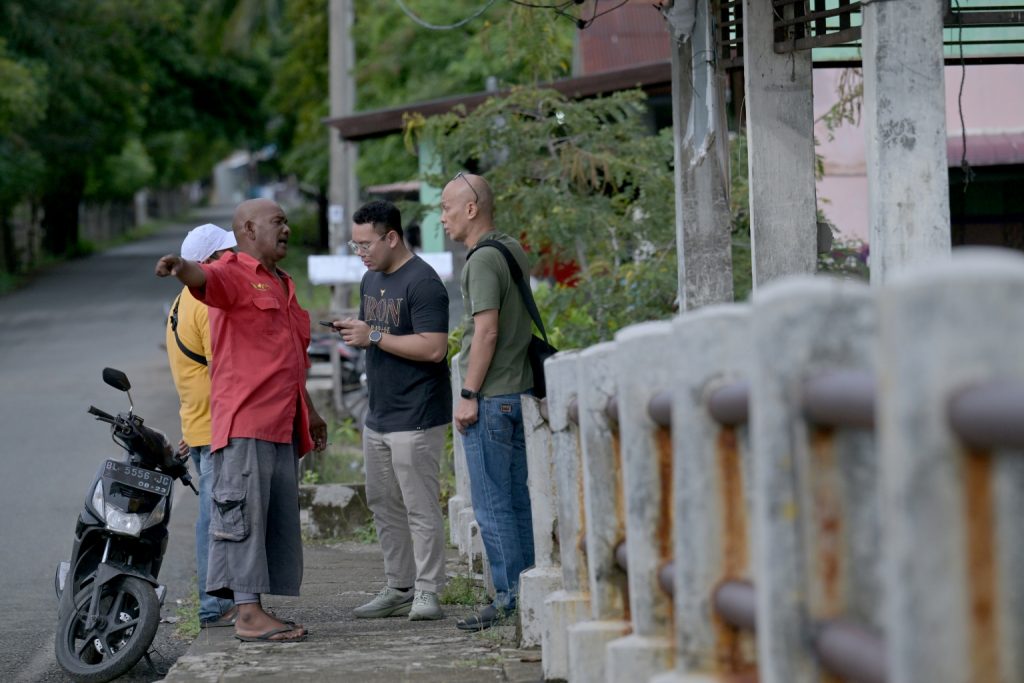
Almost three years into his career as a full-time reporter today, Aqil will tell you that journalism is not just about writing but also about being adaptable and willing to develop skills you never knew you could master.
He had a taste of it when he arrived in Indonesia in August last year.
Barely speaking the local language, he built friendships with residents, picking up everyday Bahasa Indonesian phrases and slang while helping them practise their English. His ST colleagues in Indonesia also shared valuable tips and insights with him.
“Journalism is mostly about talking to people and learning about their views and experiences, which I enjoy.”
– Aqil Hamzah, recipient of the SPH Media Journalism Scholarship
In his first week there, Aqil covered street protests and investigated allegations of political misconduct at the highest levels. As his Bahasa proficiency improved, he interviewed former leaders of the defunct terrorist organisation Jemaah Islamiyah.
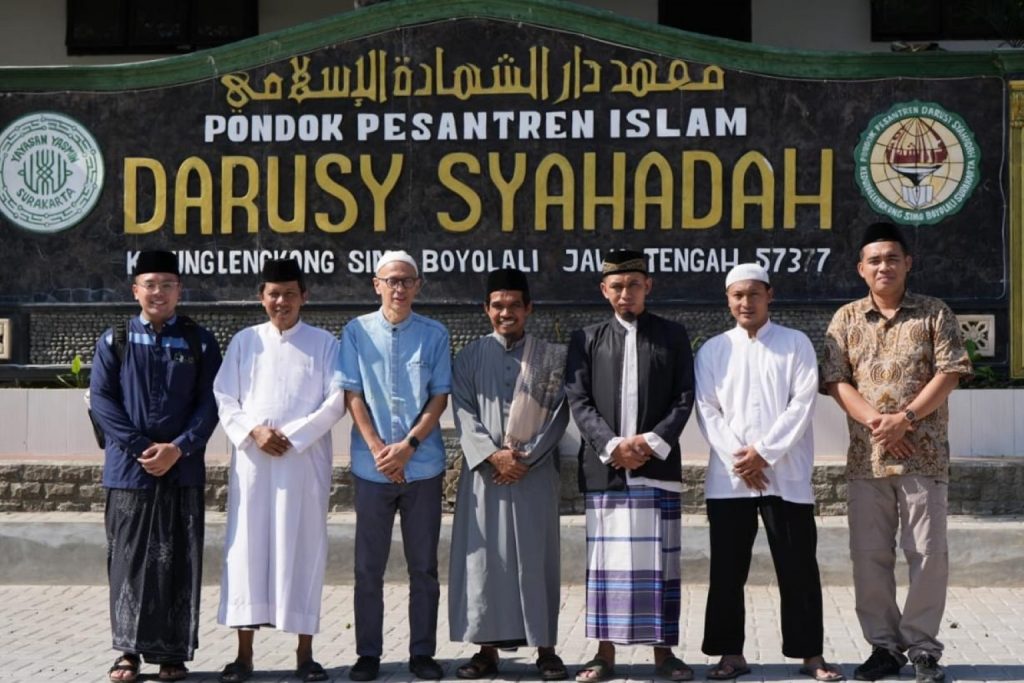
“My former editor at The New Paper told me that if I chose to be a journalist just because I liked writing, then I might have to reconsider my career,” he says.
“Journalism is mostly about talking to people and learning about their views and experiences, which I enjoy. When you are genuinely interested in talking to people, your sincerity shows. Being a good interviewer helps you glean all sorts of interesting insights.”
Today, Aqil reports for ST Now, the publication’s breaking news team.
When he was a student, Aqil had no aspirations to be a journalist but he knew he wanted adventure.
“I think I wanted to be an astronaut or a Power Ranger,” he says. “I was very lost when choosing a field of study for university.”
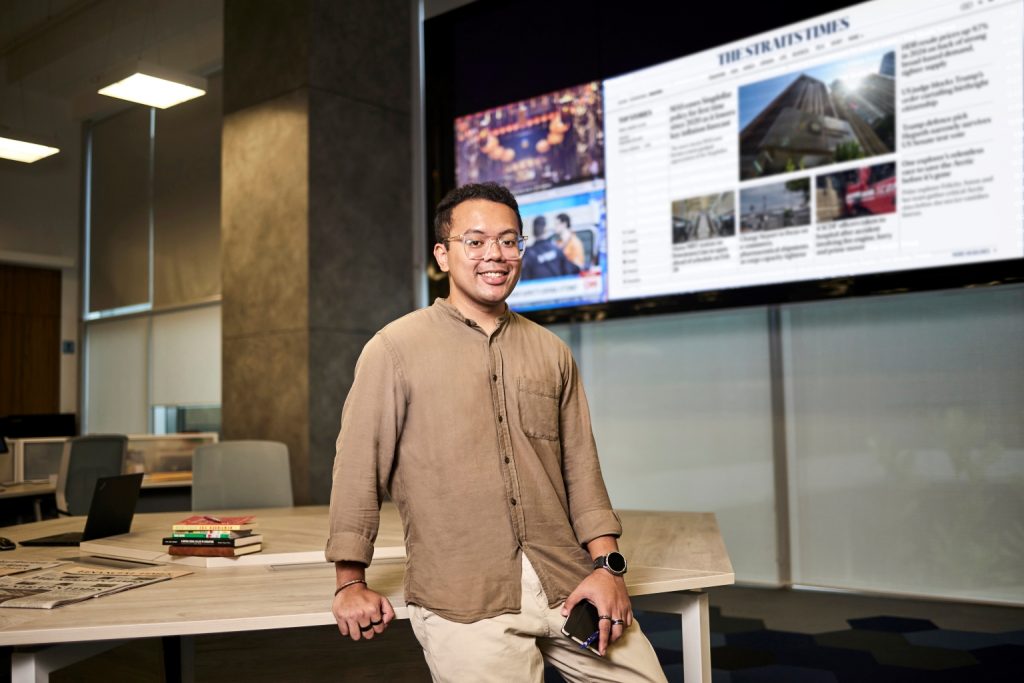
His junior college teacher saw his restless spirit as an asset for the newsroom and nudged him in the direction of journalism. He recalls: “She said I’d make a good journalist because I get bored easily and can barely sit still.”
In 2018, he began interning with The New Paper as part of the SPH Media Journalism Scholarship.
Such stints are an essential component of the application process that helps candidates test their fit for the profession. For Aqil, it was a test of will.
While interning, he was juggling another part-time job for extra income. Eventually, exhaustion crept in and he began making factual mistakes in his work.
“An editor sat me down to chat about my priorities, and I decided to try my best,” he says.
The turning point came when Aqil tapped into his network to obtain key information that would help him add more insight into a story about the death of national serviceman Dave Lee.
“The editors saw that I could get information and they started trusting me with bigger stories. By the end of that internship, I was certain I could never do any other job,” he says.
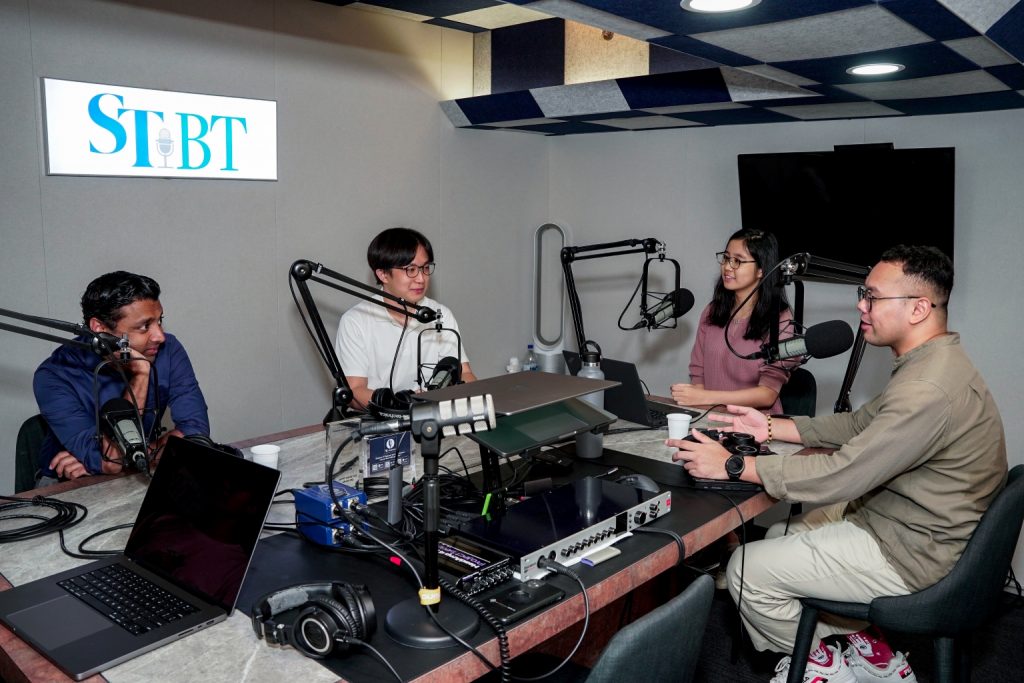
Journalism turned out to be the adventure Aqil had been looking for. He joined ST full-time in 2022 after graduating from Nanyang Technological University with a bachelor’s degree in communication studies.
Since then, his investigative instincts – asking the right questions, connecting the dots and exposing hidden truths – have led him to uncover many significant stories.
In one case involving a cryptocurrency firm under the scrutiny of the US authorities, he traced its connections to a Singaporean man whose identity had been stolen to register the company.
Making these stories happen takes a strong newsroom culture, says Aqil.
“I am very thankful to have good friends in the newsroom. There were days when we would stay back late after work to talk about life or come up with ideas to pitch.
“Having this support network to get through the tough times has helped me grow in my career and as a person, making coming to the office every day a joy rather than a chore.”